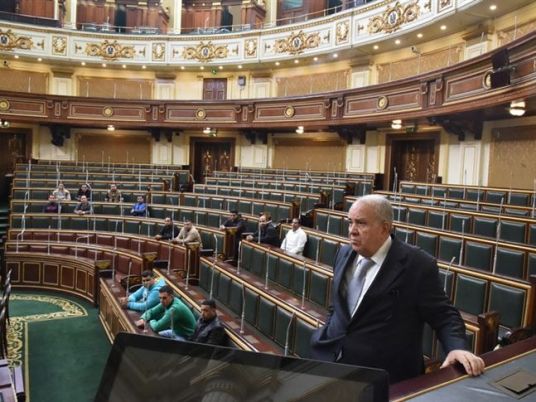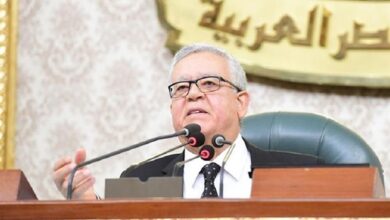
Prime Minister Sherif Ismail has tasked Minister of Legal and Parliamentary Affairs Magdy al-Agati with amending the controversial protest law.
The law was issued during interim President Adly Mansour's tenure in office in November 2013, and has been criticized by rights groups as placing broad restrictions on protests and undermining the freedom of assembly.
Over the past two years, several activists have been sentenced to prison for preaching the law.
Human rights NGO Amnesty International said the law grants Interior Ministry wide discretionary powers over protests and lays out broad circumstances in which demonstrators can be found in violation of the law.
Sherif assigned Agati to form a committee to conduct legislative amendments to the law, clarifying the description of the crime and the appropriate punishments.
In a statement on Wednesday, Agati said the amendments will be consistent with the constitutional right to demonstrate peacefully, marking as a step forward in promoting the rights and freedoms enshrined in the Egyptian Constitution.
He stressed, however, that the amendments would also ensure the safety of state institutions.
Some MPs have welcomed the move, while others described it as resembling various promises made by the government that were not met.
MP Suleiman Wahdan, undersecretary of the House of Representatives, said, "The House of Representatives backs freedoms and is interested in the issue of human rights."
He added that parliament strives to support civic freedoms and welcomes any amendments made by the government to the law, especially if the law will ensure greater freedoms for individuals.
Wahdan described the move to amend the law regulating protests as "perfect", saying it will benefit both the government and citizens.
However, MP Mohamed Anwar al-Sadat, chairman of parliament's Human Rights Committee, said Agati's promise was old and had been made by officials before without any real steps being taken to achieve it.
He pointed out that the National Council for Human Rights, political parties and the parliament's Human Rights Committee have repeatedly called for amendments to the law, but the government did not respond.
Former member of the Supreme Judicial Council, judge Anwar al-Gabry, said that once it has been amended, the law can be applied retroactively to protesters already remanded in custody.
However, the amended law cannot be applied retroactively to defendants who have had final rulings issued against them, meaning they cannot benefit from any amendments, Gabry added.
Edited translation from Al-Masry Al-Youm




